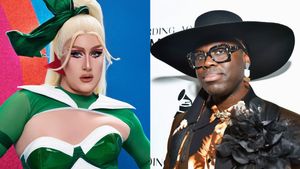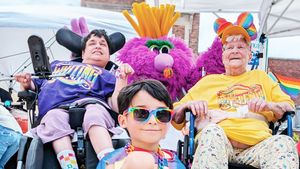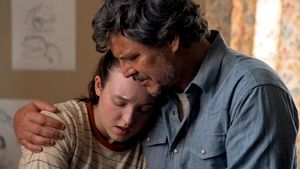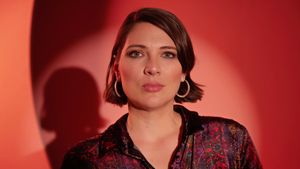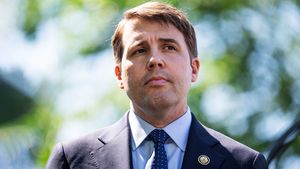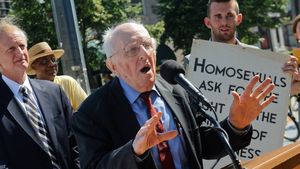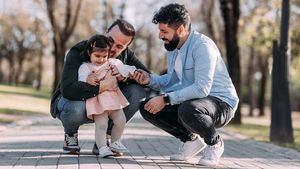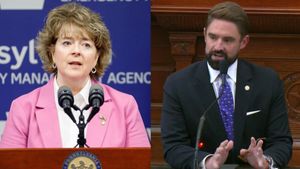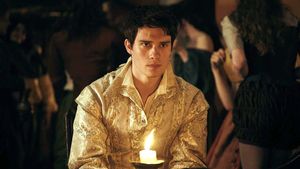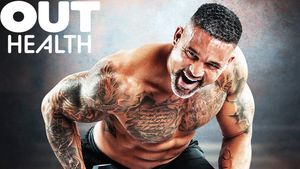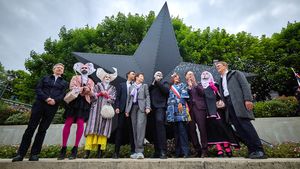Picture this:
Wake up. Jump in the shower. Grab something quick to eat – if you’ve got time after scrolling through an Instagram feed of a hundred perfectly plated avocado toast posts. Run to your nearest Starbucks for a Grande iced latte with extra caramel. Slip through the door at work as the clock strikes 9am, so you’re not technically late. Have three other cups of coffee strategically placed during your day to get yourself through the next eight hours. Run out of the door at promptly – but never after – 5pm to catch happy hour drinks and dinner with your best friends before ending the night binge watching episodes of “The Office” for the fifth time.
This classic script almost seems to come from any sort of movie or TV show that depicts the typical life of young adult in the U.S. While we can interchange many of the parts of our story to account for different ages – like swapping out an eight hour work day for a day full of high school or college classes – the scenario tends to follow a general pattern. We almost can assume exactly where the average American young adult can be at any point in a given day.
For most of us, our healthcare provider is one of the most important people in our lives. We see our doctors to get our annual physicals and shots so we can attend work and school. We stop by to pick up horse-pill sized antibiotics when we’ve got a sinus or strep infection. Some of us even have a doctor our whole lives that have watched us grow up. For years it was so embarrassing to see our awkward family photos hanging up around the pediatrician’s office during the holidays. As much as we don’t think so, our healthcare providers can be pretty involved in our day-to-day life. But what happens when we visit a doctor, can these general scripts of the typical young American still apply?
Going to the doctor to talk about your personal life is tough, but for LGBT youth it can be even tougher depending upon the relationship you may have with them. Young adulthood is often the time where LGBT folks come to terms with their sexuality and start to experiment with sex. We rely on our doctors during this period to keep our bodies and sexual health as pristine as can be. However, it is often extremely difficult to talk about our private information when we don’t feel that a doctor understands us because of our “not-so-run-of-the-mill” sexual preferences.
Do I have to tell my doctor that I’m gay? What if I ask for PrEP, will he find out? What if he doesn’t agree with it? What if he won’t prescribe it to me? What if he tells my parents? I guess I won’t tell him.
WATCH: Wargo in the Planned Parenthood PSA
This is a script often so common for a young gay male like myself. It took me a very long time to come to terms with my sexuality, yet alone disclose that to my doctor for the sake of my health. My childhood PCP was never someone I truly felt comfortable with talking about sex, yet alone that I was gay. I needed quality care from someone who wouldn’t judge me and who could make me feel comfortable. For me, Planned Parenthood of Nassau County (PPNC) was that place.
PPNC specializes in offering judgment-free sexual and reproductive health services regardless of where you may fall on the sexuality spectrum. From the initial intake at the window to the quick finger prick for an HIV test, PPNC will make you feel remarkably comfortable. The clinicians know it may be difficult to disclose your sexuality to someone you don’t know, but they show immense kindheartedness when providing care. PPNC truly is a pinnacle for LGBT health. Every time I walk in to get care, I know that my health is in the best hands they can possibly be. Your sexual health isn’t something that should be followed by any other script. It is the reason that I choose PPNC for my sexual health needs, and it’s the reason #IStandWithPP.
Brett Wargo is an overly caffeinated recent Hoftsra grad emerging in the public health field and doing his job to end the HIV epidemic by 2020.











































































